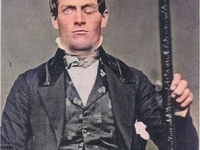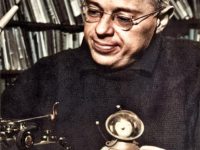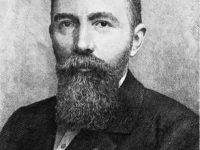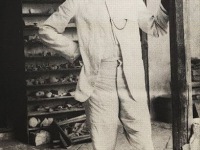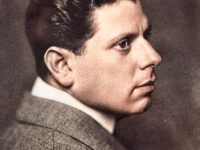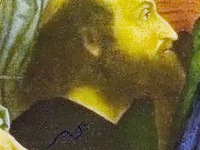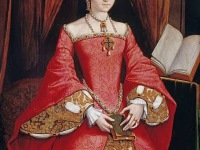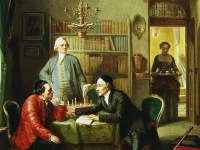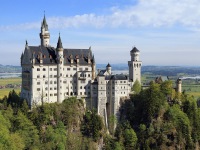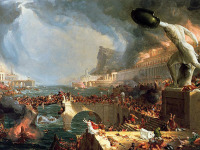Phineas Gage’s Accident and the Science of the Mind and the Brain
On September 13, 1848, Phineas Gage (aged 25) was foreman of a work gang blasting rock while preparing the roadbed for the Rutland & Burlington Railroad outside the town of Cavendish, Vermont, when a large iron rod was driven completely through his head. Much of his brain‘s left frontal lobe was destroyed, reportedly affecting his personality and behavior. Phineas Gage influenced nineteenth-century discussion about the mind and brain, particularly debate on cerebral…
Read more











